Search
Search Results
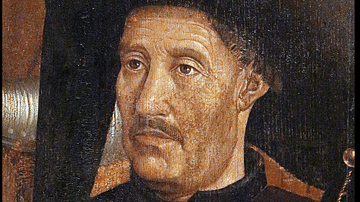
Definition
Prince Henry the Navigator
Prince Henry the Navigator (aka Infante Dom Henrique, 1394-1460) was a Portuguese prince who famously helped capture the North African city of Ceuta, sponsored voyages of exploration with the aim of building colonies in the North Atlantic...

Definition
Portuguese Cochin
Cochin, located on the southwest coast of India, was a Portuguese colony from 1503 to 1663. Known to the Portuguese as Cochim, it was one of several important cities on India’s Malabar Coast and a great trade centre for spices like pepper...
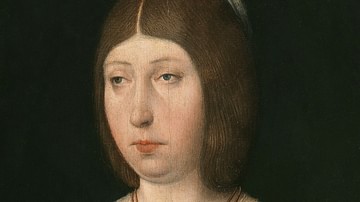
Definition
Isabella I of Castile
Isabella I of Castile (1451-1504), was Queen of Castile (r. 1474-1504) and of Aragon (r. 1479-1504) alongside her husband Ferdinand II of Aragon (1452-1516). Her reign included the unification of Spain, the reconquest of Granada, sponsoring...
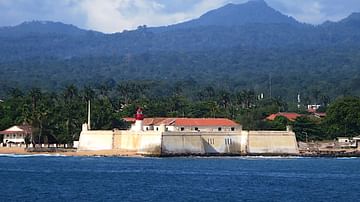
Article
The Portuguese Colonization of São Tomé and Principe
São Tomé and Principe are islands located in the Gulf of Guinea in West Africa. They were uninhabited before being colonised by the Portuguese from 1486. So involved were they with the slave trade, they became known as the Slave Islands where...
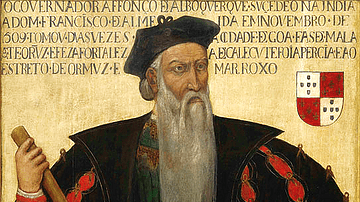
Article
Bangkok's Portuguese Past
Any itinerary for a visit to Bangkok, Thailand would include some of the city's must-see historical and cultural sights: The 24-hour flower market (Pak Khlong Talat) filled to the brim with jasmine-scented garlands, fragrant carnations...
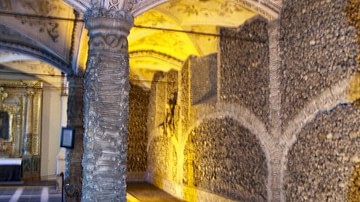
Article
Skulls, Temples & Churches: A Visit to the Walled City of Evora
The sunbaked plain of the Alentejo region in central Portugal is called planicie dourada (golden plain) by the Portuguese, and it is dotted with cork oak forests, vineyards, olive groves, and hilltop towns with whitewashed houses. 'Alentejo'...
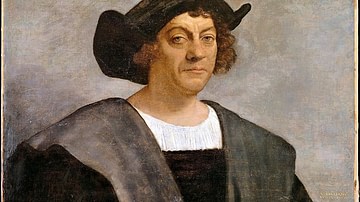
Definition
Christopher Columbus
Christopher Columbus (l. 1451-1506 CE, also known as Cristoffa Corombo in Ligurian and Cristoforo Colombo in Italian) was a Genoese explorer (identified as Italian) who became famous in his own time as the man who discovered the New World...
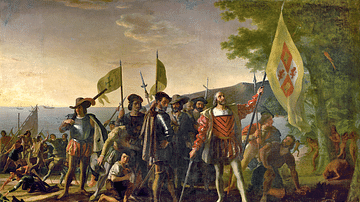
Definition
Doctrine of Discovery
The Doctrine of Discovery is a policy enacted initially by the 15th-century Catholic Church proclaiming the right of Christian nations to take possession of the lands of non-Christians in the interest of saving their souls. Non-Christians...
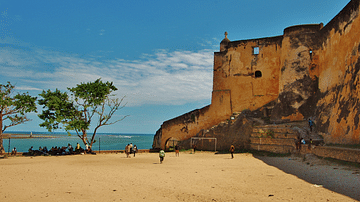
Article
The Portuguese in East Africa
The Portuguese first took an interest in East Africa from the beginning of the 16th century as their empire spread eastwards across the Indian Ocean. Trade in the region was already well-established and carried out by Africans, Indians, and...
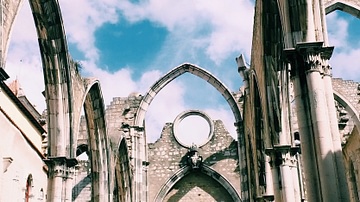
Article
Visiting The Ruins of Lisbon’s Ancient and Medieval Past
Visiting the vibrant and colorful city of Lisbon, on the banks of the river Tagus and the edge of the Atlantic Ocean, what is most showcased is one episode of the city's and country's glorious past: Lisbon as the capital of the Portuguese...